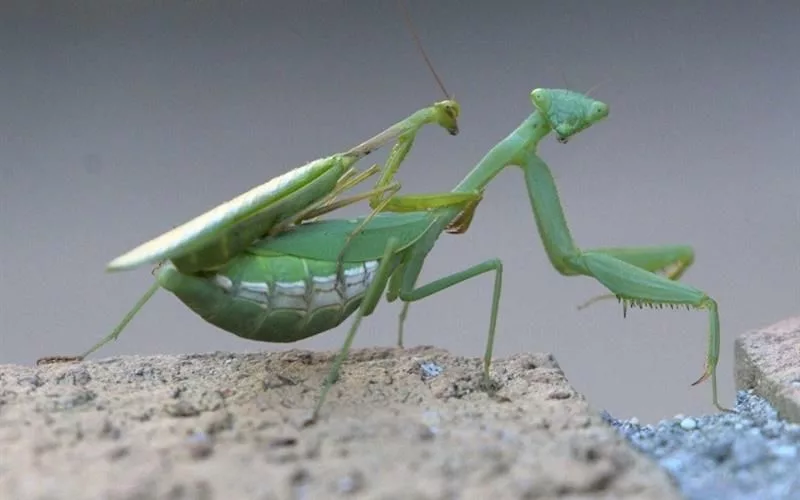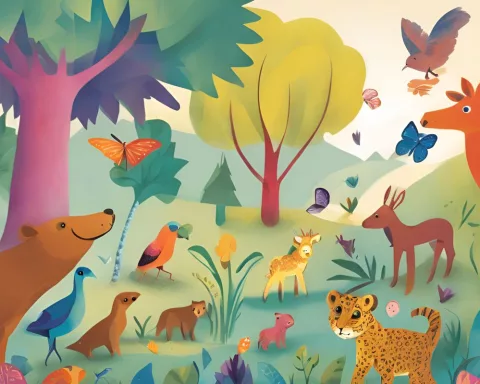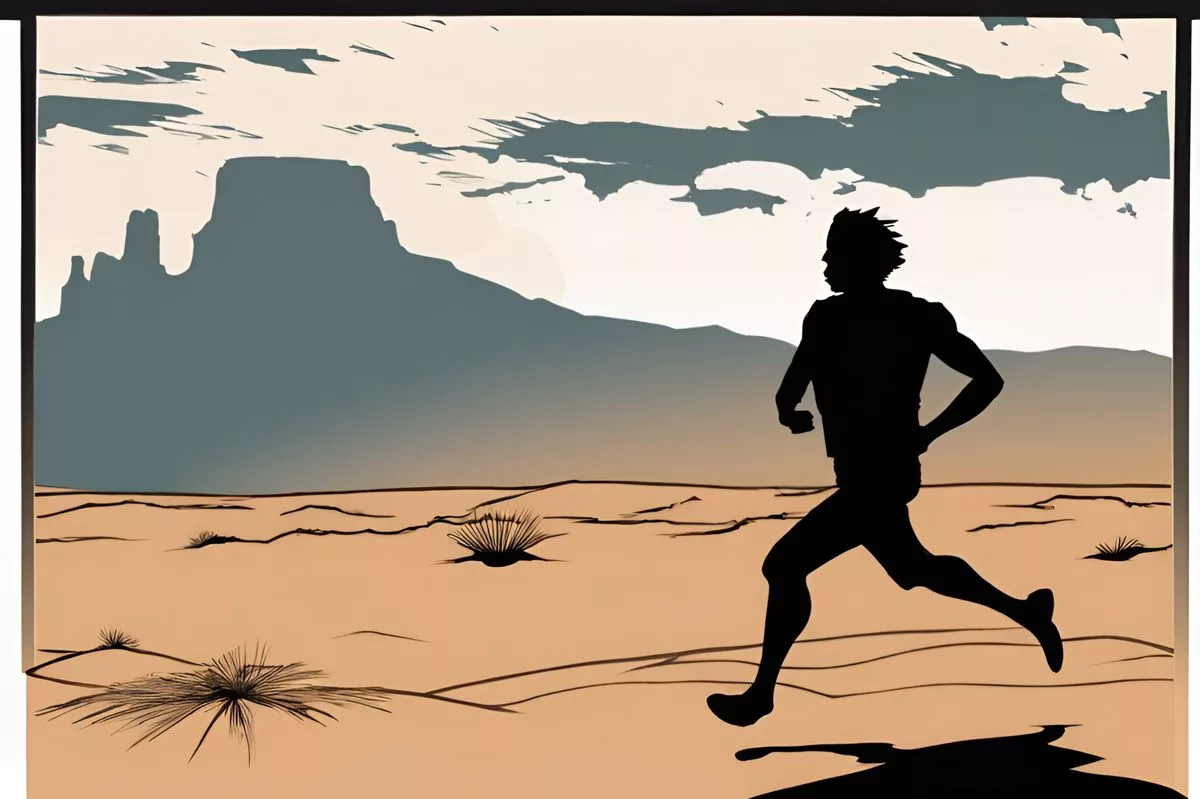Get ready to embrace the beauty of Cape Town’s biodiversity by participating in the global City Nature Challenge from April 26 to 29, 2024. All it takes is a snapshot of indigenous flora or fauna uploaded to the iNaturalist app, and Cape Town’s rich natural preserves and conservation zones offer abundant options for observation. Beyond a competition, this challenge is a chance for residents and tourists to marvel at the city’s ecological wealth and contribute to a colossal record of local wildlife data.
What is the City Nature Challenge and how can Cape Town participate?
The City Nature Challenge is a worldwide initiative aimed at capturing local wildlife data, and Cape Town residents and tourists can participate by sharing their observations of local biodiversity from April 26 to 29, 2024. All it takes is a snapshot of indigenous flora or fauna uploaded to the iNaturalist app. Cape Town’s involvement extends beyond a mere competition with other cities; it’s a chance for dwellers to marvel at and value the city’s vast natural preserves and conservation zones.
In the heart of Cape Town, nature enthusiasts find a captivating anomaly. Amidst the hustle and bustle of urban life, a plethora of plant and animal species flourishes. This symbiosis of bustling city life and rich biodiversity signifies the ecological wealth of Cape Town, ranking it among the most biologically diverse urban areas globally.
The question then arises: how could this extraordinary biodiversity be commemorated and chronicled for global appreciation? The key resides in the City Nature Challenge, a worldwide initiative aimed at capturing local wildlife data, which has been warmly welcomed by Cape Town.
From April 26 to 29, 2024, Cape Town’s residents and tourists are called to share their observations of local biodiversity in this universal record. So, what does participation entail? It’s effortless. All it takes is a snapshot of indigenous flora or fauna uploaded to the iNaturalist app. This seemingly insignificant act plays a crucial role in an enormous project, with volunteers from over 2,000 cities across the globe participating.
The City Nature Challenge: A Global Phenomenon
Alderman Eddie Andrews, the city’s Deputy Mayor and Mayoral Committee Member for Spatial Planning and Environment, underscored the importance of the City Nature Challenge. He stated, “This is your chance to contribute to the colossal record of our local biodiversity.”
First initiated in Los Angeles and San Francisco in 2016, the City Nature Challenge has since evolved into a worldwide sensation. In its inception years, the challenge was exclusive to the United States; however, in 2018, it transformed into an international event, extending its influence to cities like Cape Town and numerous others.
Cape Town’s involvement in the City Nature Challenge extends beyond a mere competition with other cities. It’s a chance for dwellers to marvel at and value the city’s vast natural preserves and conservation zones. The city boasts a myriad of nature reserves, providing abundant options for those eager to partake in the challenge. In a show of Cape Town’s dedication to this event, pedestrian entry to these reserves will be complimentary during the challenge.
The Nature Challenge: A Learning Experience
The City Nature Challenge transcends ecological pursuits; it’s also an educational platform. Schools, universities, and social groups can harness this event as an outdoor learning tool, inspiring students to examine school grounds, nearby parks, and other green areas. Participants have the freedom to submit endless observations, empowering them to record as many wild plants and animals as they can within their local surroundings.
Cape Town’s dedication to the City Nature Challenge is apparent in the city’s past performance. In 2023, the city submitted an astonishing 53,051 observations, recording 3,592 species from 1,286 observers. Such commitment propelled Cape Town to a worldwide second place in the number of observations and fourth in the number of species recorded.
The Future of Biodiversity in Cape Town
The challenge for Cape Town moving forward is to boost participation and continue to motivate its citizens to engage. With a smartphone, a camera, internet connectivity, and the iNaturalist app, anyone can become a citizen scientist, making meaningful contributions to global biodiversity archives.
In a time where our planet’s health is of utmost significance, the City Nature Challenge stands as a testament to the richness of biodiversity that lives harmoniously within urban landscapes. It provides an opportunity to honor, admire, and safeguard the astounding diversity of life that surrounds us, one snapshot at a time.
How can Cape Town residents and tourists participate in the City Nature Challenge?
Cape Town residents and tourists can participate in the City Nature Challenge by sharing their observations of local biodiversity from April 26 to 29, 2024, through the iNaturalist app. All it takes is a snapshot of indigenous flora or fauna.
What is the City Nature Challenge?
The City Nature Challenge is a worldwide initiative aimed at capturing local wildlife data. It is a chance for residents and tourists to marvel at their city’s ecological wealth and contribute to a colossal record of local wildlife data.
What is Cape Town’s involvement in the City Nature Challenge?
Cape Town is one of over 2,000 cities around the globe participating in the City Nature Challenge. Its involvement extends beyond a mere competition with other cities; it’s a chance for dwellers to marvel at and value the city’s vast natural preserves and conservation zones.
How can schools and universities participate in the City Nature Challenge?
Schools, universities, and social groups can harness the City Nature Challenge as an outdoor learning tool, inspiring students to examine school grounds, nearby parks, and other green areas. Participants have the freedom to submit endless observations, empowering them to record as many wild plants and animals as they can within their local surroundings.
What is Alderman Eddie Andrews’ role in the City Nature Challenge?
Alderman Eddie Andrews is Cape Town’s Deputy Mayor and Mayoral Committee Member for Spatial Planning and Environment. He has underscored the importance of the City Nature Challenge and stated that it is a chance for residents to contribute to the colossal record of local biodiversity.
What is the future of biodiversity in Cape Town?
Moving forward, the challenge for Cape Town is to boost participation and continue to motivate its citizens to engage. With a smartphone, a camera, internet connectivity, and the iNaturalist app, anyone can become a citizen scientist, making meaningful contributions to global biodiversity archives. The City Nature Challenge stands as a testament to the richness of biodiversity that lives harmoniously within urban landscapes.












